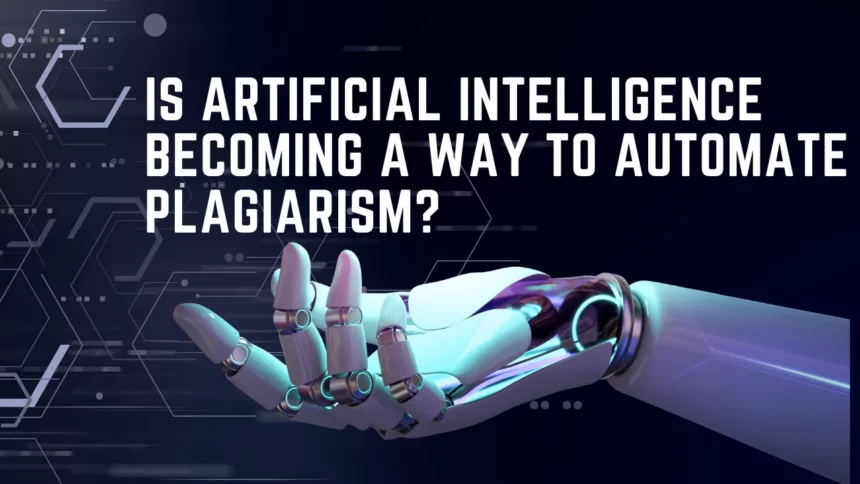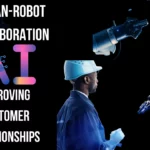Artificial Intelligence (AI) has Tech Evolution that how technology interacts with us, but rapid progress has raised new ethical issues, including AI-assisted plagiarism. The use of AI in creating content has raised questions of authorship, trust, and accountability, as seen in recent lawsuits by Getty Images against AI generators for improper use of images and artists for illustrations used without proper credit. As AI continues to advance, the issue of AI-assisted plagiarism is becoming more prevalent.
Authorship for AI-Generated Products:
Currently, authorship for products created by AI applications like ChatGPT is assigned either to the person who made the request or to the tool itself. For example, the children’s book “Alice and Sparkle” created in ChatGPT, was credited to designer Ammar Reshi. However, scientific journals do not allow ChatGPT to be listed as a co-author on articles.
Human Creation vs. AI Copying:
Astrophysicist Roberta Duarte, who studies black holes and AI, believes that the problem with AI-assisted plagiarism is the use of data of human authorship by AI tools. AI tools like ChatGPT do not reveal where they obtain their references, making it difficult for users to trust the information generated. Professor Fernando Osório from USP’s AI Center “C4AI” explains that AI can automate plagiarism by searching the internet for content previously written by humans.
AI Facilitating Content Creation:
Researcher Yuri Lima views AI tools as facilitators for content created by people who may need to be more experts in specific areas such as design or music. However, plagiarism can also increase if the tools are used without transparency regarding sources. People would be copying from AI content initially developed by others, leading to humans copying humans.
Plagiarism Detectors: Effectiveness and Accuracy:
Authors have accused AI platforms of plagiarizing their work, leading to the creation of plagiarism detectors like GPT 0. However, their quality and accuracy still need to be discovered. Professor Osório expresses concern about exploitation and questions the accuracy of these detectors. OpenAI’s GPT-2 Detector is designed to detect AI-generated text, but its effectiveness is yet to be proven.
AI-assisted plagiarism raises crucial ethical questions about authorship, trust, and accountability. The rapid advancement of AI has made content creation more straightforward, but it has also led to increased plagiarism. Although plagiarism detectors are available, their quality and accuracy still need to be determined. As AI continues to evolve, it is imperative to address the issue of AI-assisted plagiarism to ensure responsible and ethical use of the technology.









